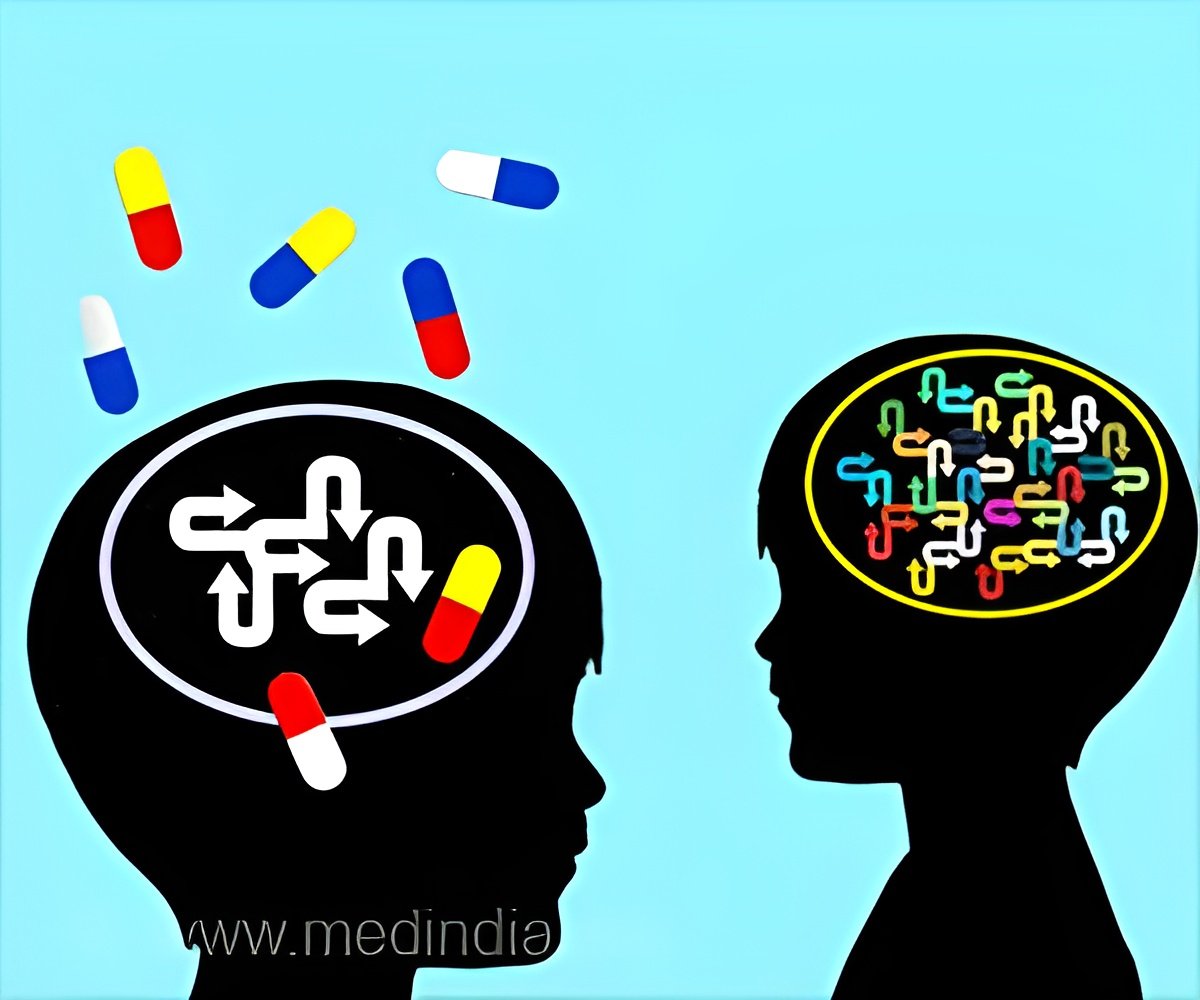In kids with ADHD increasing the dose of methylphenidate may not always be the best option, as it may have no effect on some of the functional impairments linked to ADHD.

‘Methylphenidate (MPH) has been commonly used as a first line medication to treat children with ADHD since the 1990s.’





This work is presented at the ECNP Conference in Copenhagen. Attention-Deficit/Hyperactivity Disorder (ADHD), is the most common childhood-onset psychiatric disorder, characterized by symptoms such as inattention, hyperactivity and impulsivity . Worldwide, around 5% of children and adolescents suffer from ADHD*. ADHD is a complex condition comprising both behavioural and neurocognitive symptoms, but diagnosis requires only that a patient exhibit at least 6 behavioural symptoms. You can see a list of these symptoms at: https://www.nhs.uk/conditions/attention-deficit-hyperactivity-disorder-adhd/symptoms/ . Treatment is normally judged on how well these behavioural symptoms are improved.
However, children with ADHD can also be characterized, by looking at functional impairments such as neurocognitive functioning, including inhibitory control which is a measure of how they keep their impulsiveness under control. It is generally effective and well tolerated, but around 30% of children taking MPH don’t respond to standard doses, often leading doctors to consider increasing the dose.
Like all drugs, MPH carries the risk of side effects, which may become more significant at increased dose and with long-term use. These side effects include growth retardation and difficulty in gaining weight: 3 years of MPH use can cause a child to be 2cm shorter and 2.7 kg lighter than normal.
To understand and distil the effects of the drug on children with ADHD, Karen Vertessen (MD & PhD student at the Vrije Universiteit Amsterdam) and colleagues undertook a review of all the scientific literature (a metanalysis) relating to dose effects of MPH on inhibitory control (an aspect of impulsiveness) in children and adolescents.
Advertisement
Karen Vertessen said, “Scientifically, this is an interesting result. Generally, high doses of MPH does not help the child or adolescent keep their inhibitions under better control, although an increased dose, in general ,does have a greater effect on the core behavioral symptoms of ADHD.
Advertisement
Current ADHD evaluation only uses behavioral outcomes, whereas we suggest adding neurocognitive outcomes to this evaluation, given that these outcomes are important for, among others, academic functioning. In other words, checking for whether or not MPH is dealing with inhibitory control might allow us to see if increasing the dose makes sense. To see to what extent these findings might have a clinical impact we are currently investigating the other most relevant neurocognitive factors related to ADHD”.
Commenting, Dr Kerstin von Plessen (Centre Hospitalier Universitaire Vaudois, Lausanne) said: “This is an elegant and highly relevant study, which sheds light on an interesting phenomenon which has not received sufficient attention up to now. However the study does not address the question why some children receive this higher dosage. This is probably due to the lower dose having a lesser effect. This means that the findings agree with the clinical reality telling us that children, who do not respond sufficiently to the regular dosages of MPH, require a second more comprehensive diagnostic examination before increasing the medication.
In addition, not all children respond to MPH, and so other treatment options should also be explored. The conclusion of the study, that we should add neurocognitive tests to the evaluation, may be a highly useful option to further identify academic capacity and behaviour, but should not be a substitute for the clinical evaluation of impulsivity (inhibitory control) during any change of medication.”
This is an independent comment: Dr von Plessen was not involved in this work.
Source-Medindia















